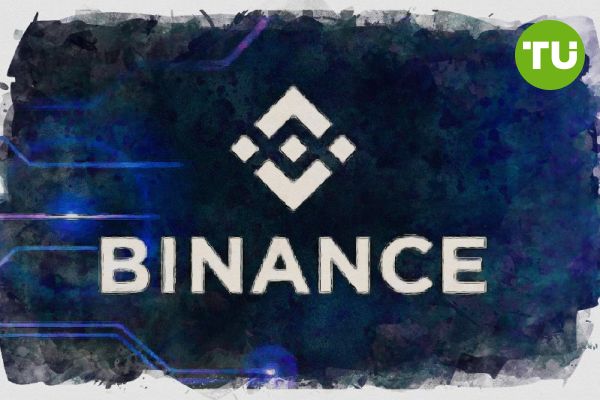Binance Brazil confirms name change of payment partner to Gowd
 Binance Brazil confirms partner to Gowd
Binance Brazil confirms partner to Gowd
Binance, the world’s largest cryptocurrency exchange by trading volume, has officially confirmed that its Brazilian payment partner, previously known as Latam Gateway, has changed its name to Gowd Instituição de Pagamentos.
The transition, which took effect at the beginning of April 2025, marks a significant rebranding for the fintech firm facilitating fiat transactions for Binance Brazil customers, according to Livecoins.
Users began noticing the change earlier this week when withdrawal receipts listed Gowd as the remitting entity. The payment infrastructure behind the process is now handled by Stark Bank, a financial institution authorized to operate in Brazil.
A seamless shift in infrastructure
The name change follows the company's earlier evolution from Capitual to Latam Gateway, and now to Gowd, signaling continued adaptation in response to Brazil’s evolving regulatory and financial ecosystem. On consumer complaint site Reclame Aqui, the former Latam Gateway page now redirects users to Gowd, though the website still displays the old brand in some places.
Binance emphasized that this change is part of its broader strategy to ensure operational redundancy across the multiple markets in which it operates. “We work with a network of partners in the countries where we’re active,” the exchange said in a statement. “This allows us to maintain robust, localized services and ensure uninterrupted access for users.”
Redundancy, in Binance’s context, refers to a system of distributed infrastructure and multiple service providers that helps mitigate risk. Should one partner experience technical or regulatory setbacks, another can seamlessly maintain service continuity.
The company maintains that user experience remains central to its operations in Brazil and globally, underscoring the critical importance of infrastructure flexibility in the crypto economy.
Meanwhile, Brazil has solidified its status as a global leader in crypto, with 26 million citizens—16% of the population—owning digital assets. This ranks the country sixth worldwide in crypto adoption, highlighting its growing impact in the sector.













































































































































